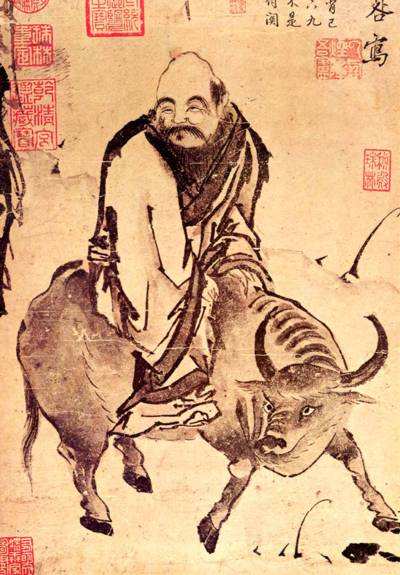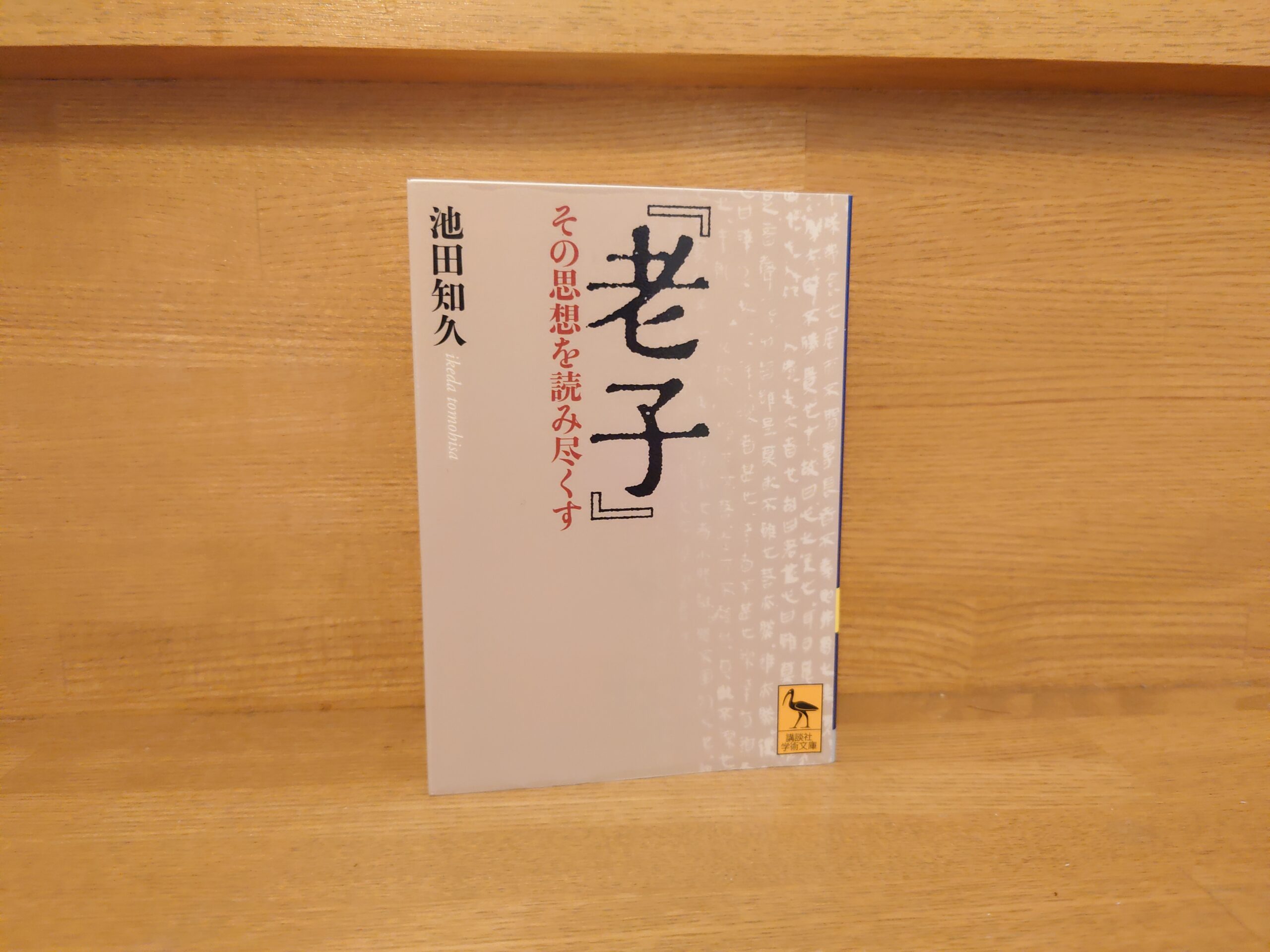Tomohisa Ikeda, "Laozi": An Overview and Impressions of "Reading All of Its Thoughts" - Recommended reference book that examines Laozi's thought from various perspectives.
I would like to introduce "Laozi": A Complete Reading of Its Thought, by Tomohisa Ikeda, published by Kodansha in 2017.
Let's take a quick look at the book.
Lao Tzu" contains the foundation of ancient Chinese thought, such as the fundamental ideas of "Inaction-Nature," "The Way," and "Virtue," the political philosophies of "Small Country and Small People" and "The Cultivation of Inaction," the ethical thought of "Non-Dispute," and the philosophy of health care. This book comprehensively and systematically elucidates the various ideas of "Laozi" and explains the contents of these ideas in an easy-to-understand manner. The extensive [Notes] go into depth into the various circumstances of the formation of "Laozi" and the content of his thought. The full text of the original text and the "Reading Down" and "Modern Translation" are also included. This is the definitive edition of "Lao Tzu" for everyone from beginners to experts.
AmazonProducts Page.

This book is a reference book that looks at Lao Tzu, a famous figure in Lao Zhuang philosophy, from a variety of perspectives.
The first thing that surprised me when I picked up the book was its thickness. It is over 860 pages for a paperback book! It is a massive book! It is very rare to find a book this thick in a paperback format.
In the "Preface," the author describes the book as follows
Why do we read "Lao Tzu"? In other words, why are we, the inhabitants of 21st century society, attracted to the ideas of "Laozi", a book written in the Warring States period in China, and why do we pick it up and read it? Perhaps there is some similarity or similarity between the important problems and the direction in which the authors of "Laozi" (in this book, we call them Laozi), who were sensitive and deep thinkers in ancient China, found important problems in the society of their time and the direction in which they sought solutions to those problems, and the important problems we perceive in the modern society and the direction in which we hope to solve those problems. The reason may be that there are similarities or similarities between the important problems of our time and the direction in which we wish to solve them.
The following four points can be identified as important issues that the authors of "Lao Tzu" may have found in contemporary society.
The first is the disastrous and serious damage that such wars cause to people (see "Laozi," Chapters 30, 31, 46, 69, and 79, etc.), although all countries in the Warring States Period were engaged in daily and constant wars with other countries as they promoted their policies of wealth and military power.
Second, related to the damage caused by the foreign wars mentioned above, is the disruption of the political order in various countries caused by the enormous swell of change in ancient Chinese history and the impoverishment and suffering caused to people by, for example, rampant banditry (see "Laozi," Chapters 3, 18, 19, 38, 57, 65, etc.).
Third, also related to the disruption of the political order described above, is the widening of the various disparities between the rulers and the people, i.e., the privileging of the rulers and the intensification of survival difficulties, hunger, and poverty among the people (see Lao Tzu, Chapters 9, 50, 53, 57, 72, 75, etc.).
The fourth, related to all of the above, is the dilution of family ties, the disappearance of simple ethics such as "filial piety," and, contrary to these, the intensification of people's pursuit of desires (see Laozi, chapters 3, 12, 18, 19, 38, 44, 46, 57, etc.). chapters, etc.).
Kodansha, Tomohisa Ikeda, Laozi: Sono Shiso wo Yomu Yomu [Laozi: A Complete Reading of His Thought], 3-4.
In the first half of the book, the author looks at the historical background of Lao Tzu's life and the process of the book's formation. From there, the author will look at the thought of "Laozi" in four major themes: "Ethical Thought," "Political Thought," "Curing Thought," and "Natural Thought.
It is a tremendous volume. The book discusses Lao Tzu in considerable detail. There are also extensive notes.
This is a book in which the author's enthusiasm can be felt tremendously.
I honestly think it is a tough introductory book, but if you are interested in learning more about Lao Tzu, I highly recommend this work. I also recommend Kunio Hachiya's "Lao Tzu Explorations: The Idea of Continuing Life" as a set with this book. This is a work to learn more about Lao Tzu, politics, the state, and the historical background.
For me, the most readable and interesting book on Laozi was "Laozhuang and Buddhism" by Miki MORI, but that may have been because I had studied it in detail in "Laozi: A Complete Reading of His Thought. This reading reminded me of the importance of learning the whole picture of Laozi's thought once and for all.
It is quite a sturdy work, but I think it is a book that cannot be avoided when studying Lao Tzu.
The above is "Tomohisa Ikeda, ""Laozi": A Complete Reading of His Thought" - A recommended reference book that examines Laozi's thought from various perspectives.
Next Article.
Click here to read the previous article.
Related Articles





































